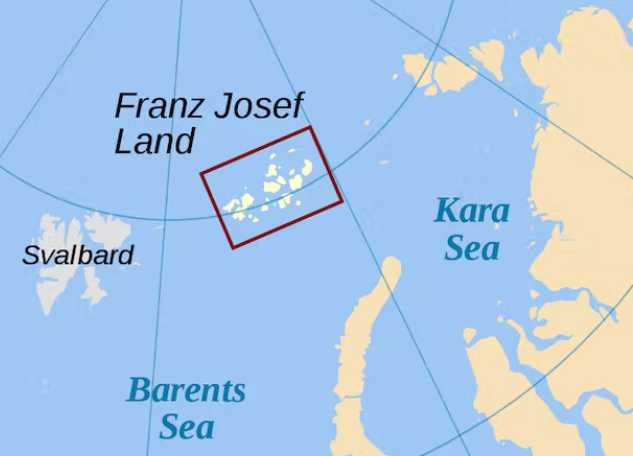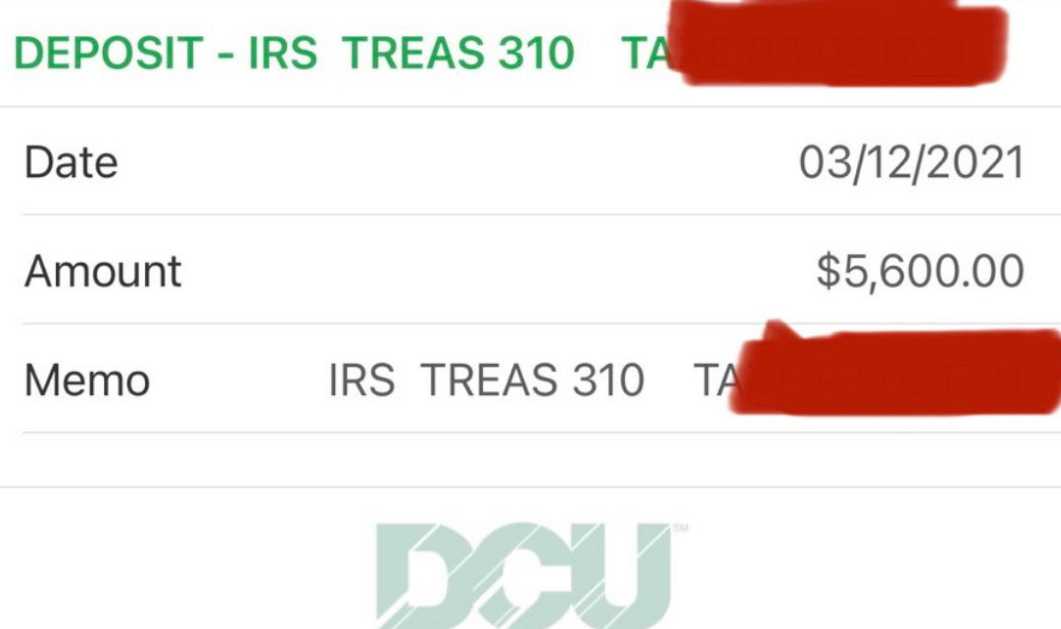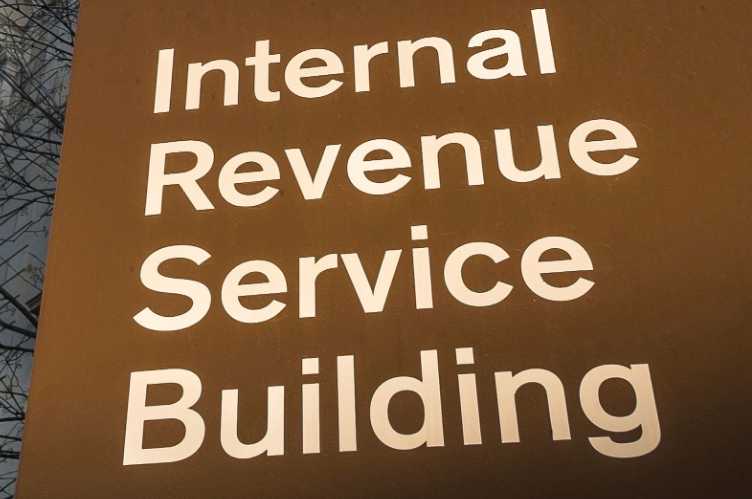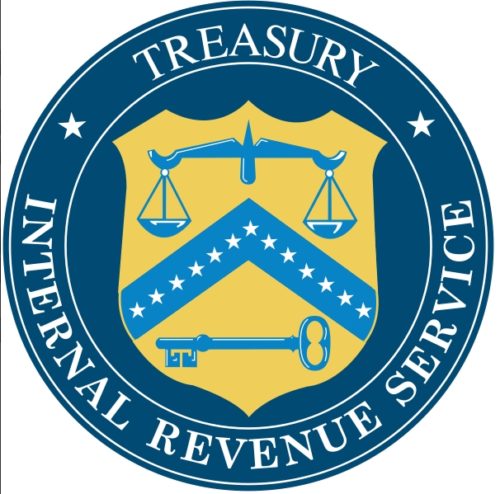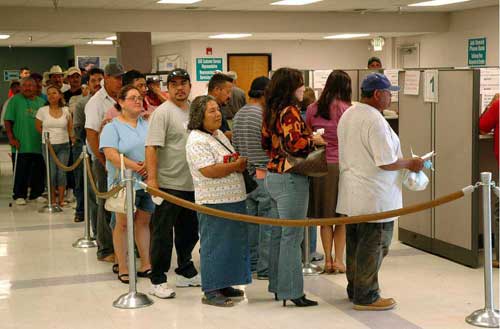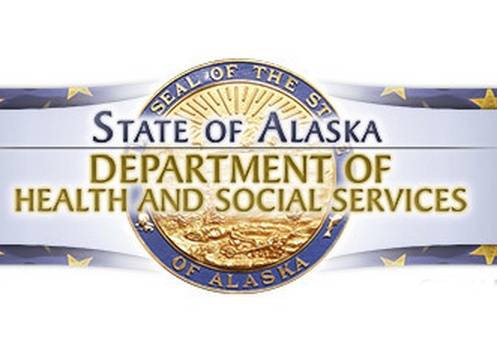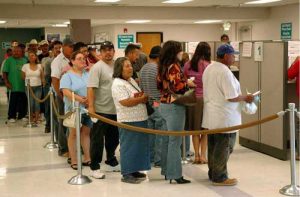
JUNEAU — Legislators are urging Gov. Mike Dunleavy to reconsider his decision to prematurely end distribution of federal pandemic unemployment compensation payments.
While eligible Alaskans should receive an additional $300 in weekly unemployment benefits through September 6, the governor opted to take tens of millions of dollars out of the pockets of Alaskans by ending our state’s participation in the federal program on June 12.
According to the Department of Labor & Workforce Development, Alaska’s unemployment rate in March was at 6.6 percent, higher than the national average of 6 percent. The State is currently down 21,900 jobs from last year.
“If Governor Dunleavy doesn’t reverse his decision, Alaskans will lose at least $50 million dollars. At a time when local businesses are struggling, we need every dollar we can get circulating in our economy,” said Rep. Zack Fields (D-Anchorage), co-chair of the Labor and Commerce Committee.
“Alaskans who lose a job receive the least support of workers anywhere in the country,” added Rep. Ivy Spohnholz (D-Anchorage), co-chair of the Labor and Commerce Committee. “This is especially devastating to the thousands of unemployed workers from the oil and gas, mining, and professional services industries, who will, on average, go from 35% to 19% replacement of lost wages.”[content id=”79272”]
“I sympathize with Alaskan business owners who are struggling to hire right now, but drastically reducing these benefits which were already temporary, and at no costs to Alaskans, is bad policy as our communities continue to suffer the economic effects of COVID,” Rep. Bryce Edgmon (I-Dillingham) said. “Collecting unemployment benefits without actively searching for work or turning down offers is fraud. Our fraud rate for 2020, during periods of distribution for historically high benefits, was 1 percent.”
State economists have testified to the legislature that increased Unemployment Insurance benefits have increased consumer spending during the pandemic, benefiting local business owners. They have also asserted that there is no evidence that increased benefits during the pandemic have decreased a person’s willingness to go back to work.


